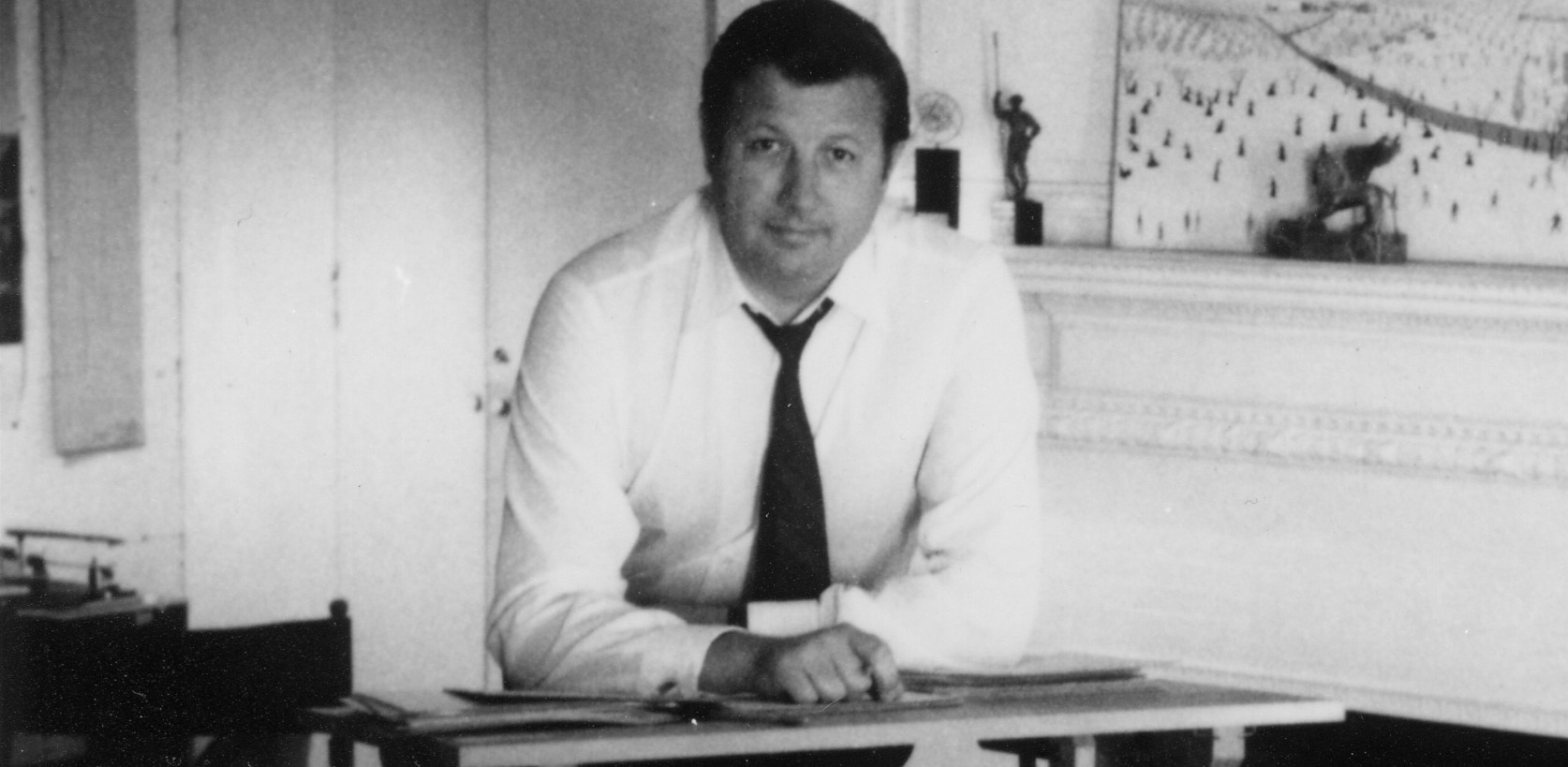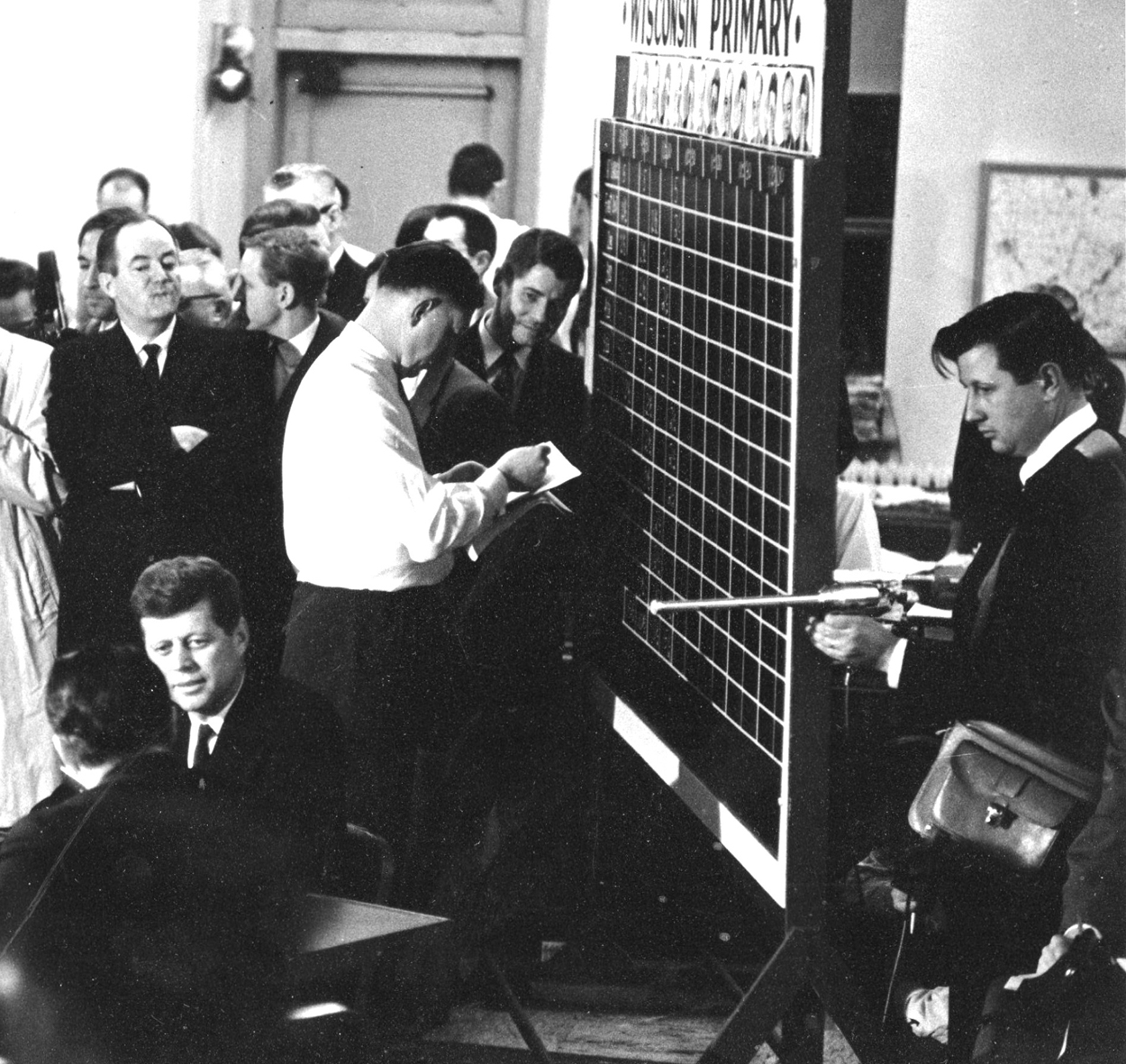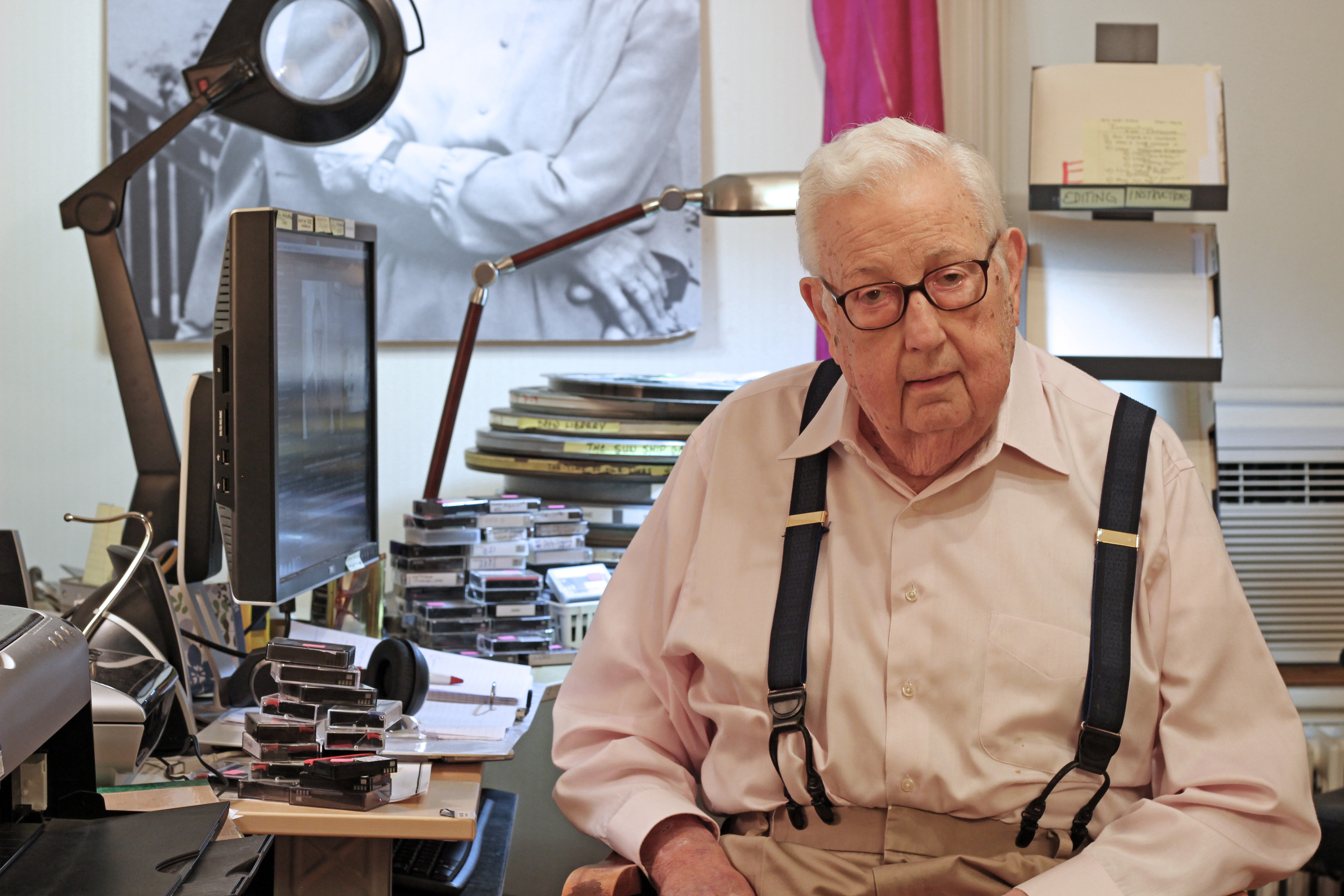How did Robert Drew develop his reality filmmaking ideas in the first place? The short version of the story begins with a kid born in Toledo, Ohio who is energized by the impossible.
Drew quit high school just shy of graduation to fight Germany in WWII and joined the U.S. Army Air Corps as its youngest fighter pilot.
At 19, on his 31st mission, Bob is shot down over in southern Italy and survives for three and a half months in the Pollaca Valley, evading German capture and sneaking his way through enemy lines and back to his squadron. Impossible.
Air Corps rules prevent pilots from flying again in the same theatre in which they were shot down, so Drew returns to the U.S. determined to fight the Japanese in newly introduced fighter jets. But only college-educated engineers are allowed to fly jets. No matter. Drew finds a way into a six-month engineering training program run by the Army, gets his certification and then presents himself for duty. He is rejected. Undaunted, he continues flying at a nearby base and impresses — and angers — the squadron commander when he participates in a simulated dog fight above the airfield and bests two Navy fliers. He is then accepted into the jet squadron. Impossible.
The war ends before Drew’s unit is put into battle, but he continues flight training and becomes the subject of a Life Magazine cover story. He writes a first-person essay about what its like to be a jet fighter pilot. The story is so good he gets a job at Life Magazine. Impossible.
In 1947, at age 24, he sees the movie “A Double Life” starring Ronald Colman. Drew leaves the theatre devastated because he realizes he wants to make movies but fears he may already be too old. He keeps his day job as a Life correspondent, but teams up with Life photographer Allan Grant to make a couple of experimental films. Drew realizes that real life is more vibrant than fiction, and determines to take Life’s candid still photography into motion pictures, creating a new journalism of reality. He sees the perfect home for his vision as being in television. So he sets off to convince a network to fund a television series produced by a guy with no television experience. Impossible.
Drew gets $7,500 from NBC in 1953 to make a pilot, called “Magazine X,” or alternately, “Key Picture.” Drew is unhappy with the pilot, mainly because he’s frustrated by the bloated equipment and eight-person crews that make it impossible to shoot candidly. NBC cannot sell advertisers on the concept, so shelves the pilot, which is never aired. Drew still believes he can lead a revolution in visual storytelling, so even though he didn’t graduate from high school, he applies for a one-year Nieman fellowship at Harvard to develop his theories more fully. He is named a fellow for the 1954-55 academic year. Impossible.
At Harvard, Drew studies the modern novel and playwriting, fine-tuning his theories about developing narrative arcs in candid filmmaking. He contacts select filmmakers, including Richard Leacock, who are producing intriguing works, similar in character to the direction Drew envisions. He writes a manifesto for the Nieman magazine, “See It Then,” criticizing television documentaries as dull lectures and laying out the elements of his new journalism.
When he returns to Life, Drew prods management for money to build new, portable filmmaking equipment that would allow a camera and audio record to follow a character in action through a story. Although he’s a writer, Time Inc. transfers him to its broadcast division (which has a capital equipment budget), and puts up $250,000 for the new cameras and recorders. Impossible.
Now Drew needs a crew and a story. For the crew, he taps the brightest lights in non-fiction filmmaking: Richard Leacock, who brings in D.A. Pennebaker, who in turn, brings in Al Maysles. Terence Macartney-Filgate from the Canadian Broadcasting Corp. also joins. Drew finds a story in the person of John F. Kennedy, then a Massachusetts Senator making a long-shot bid for the Democratic Presidential nomination. They all fly to Wisconsin, where Drew, the equipment and crew candidly record the last five days of Kennedy’s primary battle with Hubert Humphrey, making a new kind of history, a new kind of journalism – the first sync-sound film ever made. Impossible.
The French loved it, but no network would broadcast it. The French embrace the free camera style of filmmaking and coin it cinéma vérité. That’s the backstory.



